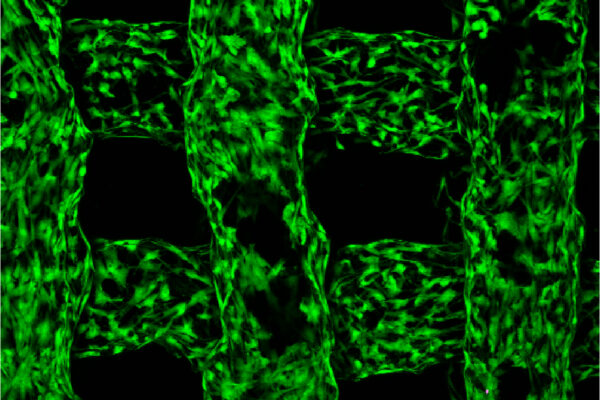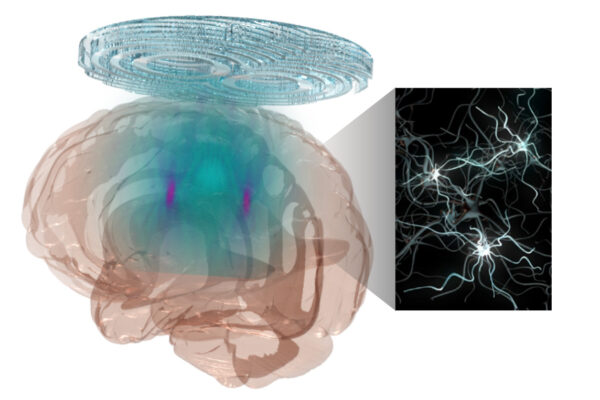
3D printing is a simple way to create custom tools, replacement pieces and other helpful objects, but it is also being used to create untraceable firearms, also called “ghost guns.”
Netanel Raviv, an assistant professor of computer science and engineering in the McKelvey School of Engineering at Washington University in St. Louis, led a research team that has developed a way to create an embedded fingerprint in 3D-printed parts. It could withstand the item being broken, allowing authorities to gain information for forensic investigation, such as the identity of the printer or its owner and the time and place of printing.
Researchers presented their work at the USENIX Security Symposium Aug. 13-15 in Seattle. First authors of the paper are Canran Wang and Jinweng Wang, who earned doctorates in computer science in 2024 and 2025, respectively.
Read more on the McKelvey Engineering website.


